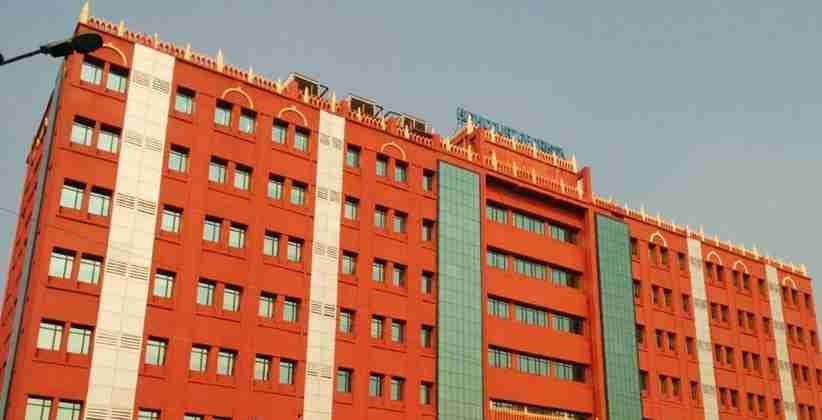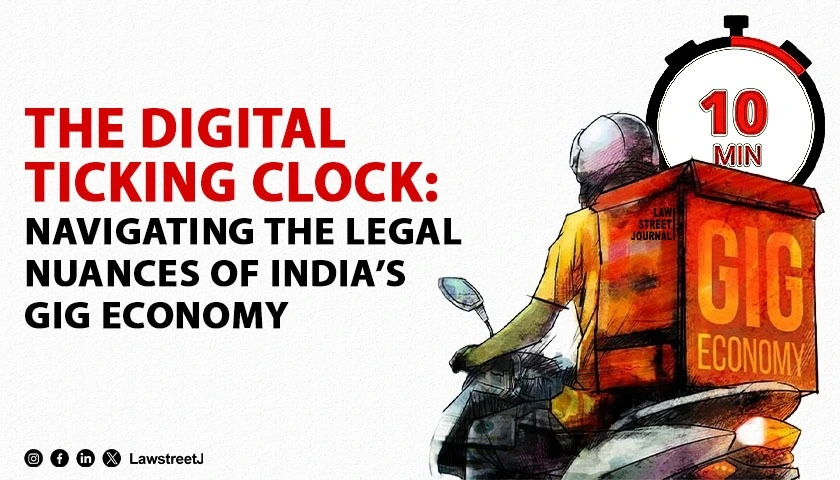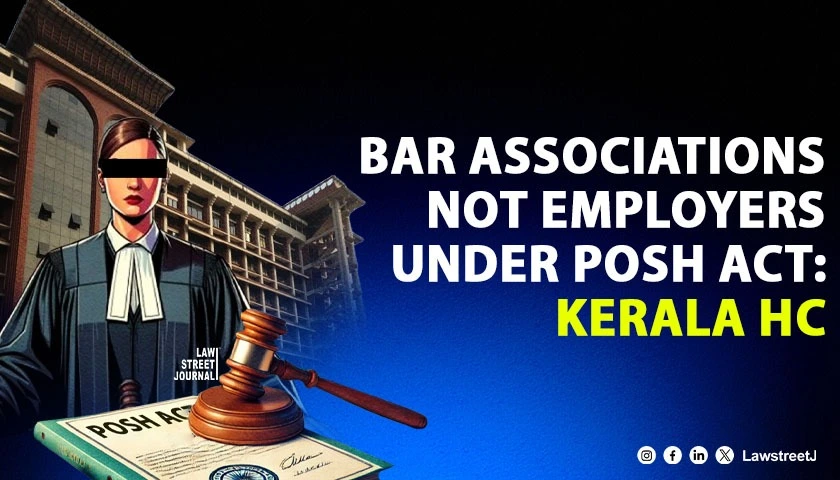On Wednesday (7th October 2020), The Orissa high court asked the state government to open the temples in a graded manner which will be according to modalities as per their assessment from place to place and from time to time. However, this shall be in accordance with the modalities after assessing the Covid-19 situation.
This was heard by a bench of two judges- Chief Justice Mohammad Rafiq and Justice Dr. B.R. Sanghvi. The order came from the high court when it was disposing of two writ petitions that sought a direction to extend financial relief to priests of registered temples for the lockdown period. Dadhibaman Dev, a priest of the temple of Nayagarh district and an organization of priests of the same district filed this petition.
In response to the petition filed by the priest, the High Court said, Taking a view on the grievances of the petitioners with regard to (providing) financial assistance or ration kits, or in the alternative for the opening of temples, as expeditiously as possible, but not later than eight weeks from the date of copy of this order is produced before the authority.
Since the nationwide lockdown was imposed in March due to the Covid-19 pandemic, all the temples in Odisha, including Jagannath temple in Puri have been closed for everyone. In the Jagannath temples, more than 450 servitors have tested positive for Covid-19 which has affected the temples daily activities.
It was also observed during this case that all religious places in India are allowing a limited number of devotees.
Many priests and devotees across the state beat gongs, rang bells, and blew conches urging the Odisha government to reopen the temples as these temples are a source of livelihood for these people.
Mandira Sebayat Sangha, the priests of Odisha began their protest at 9 am for nine minutes. This protest was for demanding that the temples should open soon as their livelihood is at stake.
The livelihoods of temple priests have been hit hard due to closure of temples since March. Most of the priests are going through severe financial constraints. They have no alternative to earn their livelihood. Our families are suffering. We had requested the government, but no one addressed our issues. That is why we had to ring bells and blow conches to draw the attention of the government towards our plight, said a member of OMSS.








